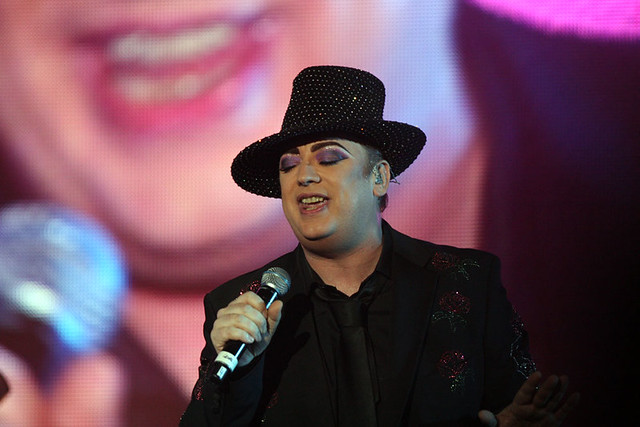This month I’m giving you prompts that work in different ways to support your long-form fiction/novel writing. This week we’re looking at the micro-cultureS in your novel’s world.
The Prompt
Write a story that explains how the culture of your novel’s setting evolved
Tips
- Even if you are writing contemporary fiction, don’t assume that the culture of your novel’s world is known to all your readers. There are what I think of as “micro-cultures” in every community, every family, every workplace. Just like in gardening, there are microclimates—I can grow tomatoes agains my house’s south-facing wall, but they would utterly fail if I tried to plant them on the cooler, shaded north-facing wall. My property isn’t very big, but it still has micro-climates!
- Think about your fictional world’s culture in the novel. What does your main character feel they have to do, ought to do, would be shunned for doing?
- How did those attitudes develop?
- Write that story.
- For example, in the movie “Steel Magnolias”, family and community are everything, and life revolves around the beauty shop. Why? Because a until very recently, women like them had very few choices in life. They found husbands, had children, entertained, and gathered at this ladies-only retreat where they could, for once, let loose and trade confidences. Write a story of the older women in that movie, when they were young. That will help the town and those secondary characters feel very real to your audience.
- Conversely, in “When Harry Met Sally”, family plays no role at all. Harry is full of flaws, misbeliefs and self-harming psychological behavior, but we never see where it came from. It’s possible that Rob Reiner didn’t need to know Harry’s backstory because he was Harry, or at least knew a lot of guys like him, and knew enough about their behaviors to make him seem real. But if you want to be able to branch out and write characters who aren’t like you, it’s useful to explore the culture they came from. What was Harry’s family like growing up? What was the micro-culture in his neighborhood. What makes him so divorced from the family structure, relying only on a small group of friends?
- Likewise if you’re writing in a more alien culture, it can be useful to write backstories about the early days of the prevailing religion or of the minority cultures that your secondary characters come from (surely no world is utterly homogenous?!).
- Writing these backstories is useful for more than just research. You can use them to intrigue readers (give away a free story to get people on your mailing list and introduce them to your writing and your world). You can submit them to publications, and use those publishing credits to prove to agents and publishers that there is a built in audience for your novel. You can collect them and sell them to fans of the first book while you’re writing the sequel…
Photo credit: Eva Rinaldi
Have I I convinced you to dig into your novel’s backstories yet? Leave a comment to let me know what you’re thinking and what you’re writing.


I love this prompt – I do generally write an outline of my characters tragectory in the story that includes their backstory (some details never make it in the story, but it helps me ‘know’ them). I love the examples you provide. Thank you, Julia!
Thank you, this is great, yesterday I was thinking on how to get to know my character better, this will help. I am currently working on a coming of age story of a character coming from a dysfunctional family.